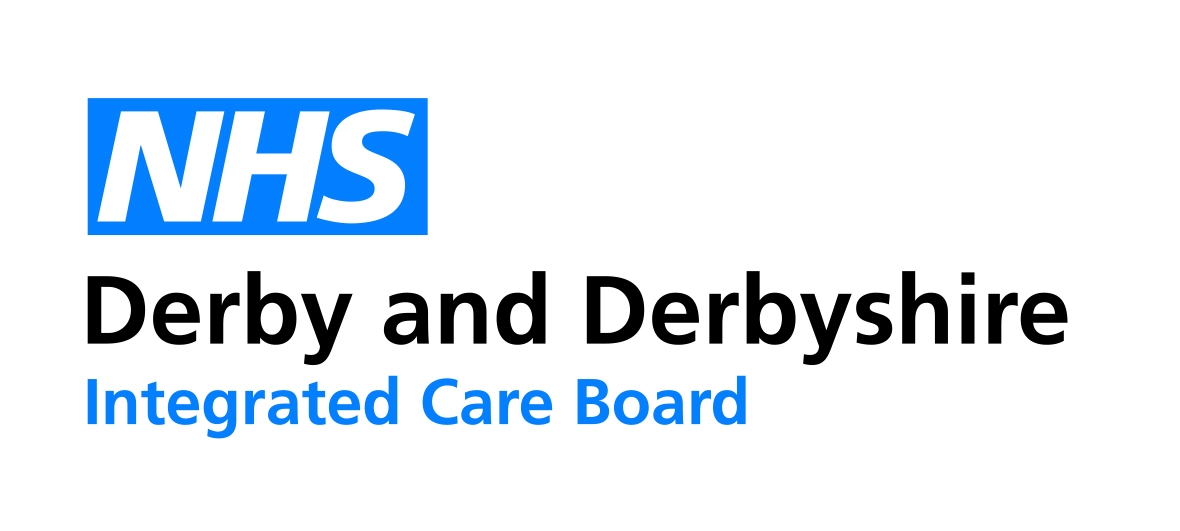Derby & Derbyshire Integrated Care System: a case study
09 May 2023
The Good Governance Institute has said before that integrated care boards (ICBs) were “born into the mother of all storms”, with severe operational and financial pressures, industrial action and the potential for further structural changes consuming the time and energy of senior leaders.
Based on our work with clients, our analysis and discussions across a number of integrated care system (ICS) network webinars, we have found that most ICBs have struggled to balance their focus across the four aims of improving outcomes in population health and health care; tackling inequalities in outcomes, experience and access; enhancing productivity and value for money; and helping the NHS to support broader social and economic development.
One of the key foundational steps to addressing this challenge is clarity of purpose and roles across the ICS. On one hand, the permissive environment that allows ICSs to determine their own structures and roles is the right approach given the diversity across ICSs, but it does pose a challenge for local leaders to properly develop and refine their ways of working across a complicated landscape.
The following article sets out how Derby and Derbyshire Integrated Care System (DD ICS) approached this challenge. It is evident that their considered and thoughtful approach, supported by strong engagement and collaboration, has taken them an important step forward in their journey.
There is no single right approach when it comes to the ongoing development of ICSs but a mix of pragmatism, a focus on purpose and relationships, building shared understanding and culture, heeding guidance, learning from experience and being guided by principles is a good framework for success.
There is lots to learn from the approach of DD ICS. If you’d like to find out more about the work they are doing or if you’d like to find out about the support GGI can provide, please get in touch.
Author: Dr Chris Clayton, Chief Executive, NHS Derby & Derbyshire ICB and ICS Executive Lead

Background
Derby & Derbyshire (DD) forms one of the 11 integrated care systems in the Midlands region serving a population of more than a million people.
In addition to the ICB, there are four directly associated foundation trusts (FTs): two acute trusts, one community trust and one mental health trust. DDICB is also the regional commissioner for 999 ambulance and 111 services.
We have two upper tier local authorities (LAs), Derbyshire County and Derby City Council, and borough / district councils in the county area.
We also have 114 general practices working in 17 PCN areas which map closely to the two upper tier LA-based places.
In 2017, the four legacy DD CCGs started a process of joint working, leading to the creation of a single executive team across the four clinical commissioning groups (CCGs) in 2018 and the formal merger into a single DD CCG in 2019.
Purpose
Recognising the four core purposes of ICSs as set out nationally, the key connecting purpose for our ICB, integrated care partnership (ICP) and HWBBs (health and wellbeing boards), of which there are two for DD, is the wish to see improvements in overall health outcomes for the population we serve, including an improvement in overall life expectancy and possibly more importantly, healthy life expectancy.
Much is understood on the determinants of health and the collective contribution and influence that multiple agencies can have upon these. If we are to achieve our collective ambition of improving overall health outcomes, we will need to be systematically focused on our approach and move beyond well-meaning conversation to active meaningful partnership.
Key challenges
Across the health and care partnership, we have a common underlying challenge summarised by three core components: a downward trend in the overall health of the population, demands for care services being outstripped by available supply and finite resources (people, pounds and property).
Furthermore, given the immediate challenge to urgent care services and the backlogs of care across the system, balancing the need to manage today and manage tomorrow is a task that requires significant conscious and strategic attention.
The Derby and Derbyshire approach
Given our wish to influence the full determinants of health, our ICS has set out a clear view across the partnership on the roles and responsibilities of the component parts to ensure we have clarity of purpose and that we avoid duplication of effort. To this end, we are clear on the roles and responsibilities of the ICB (and the broader NHS family), the ICP (health, public health and all-age social care) and the HWBBs (wider determinants of health: housing, environment, education and socioeconomics etc.).
The ICB

The ICB considers that it has three core roles, those being:
- to deliver on its own statutory duties
- to act as a convener for the NHS family (statutory and non-statutory) across DD to deliver against its broader duties
- to work in partnership with other agencies to influence the full determinants of health, including the NHS's collective anchor institution contribution.
Furthermore, in delivering these core roles, the ICB is focused on developing three core integrated functions:
- Integrated commissioning: working in partnership between the NHS (including NHS England) and local authorities on joint commissioning, health protection, population health (including health inequalities) and clinical strategy, clinical standards, policy and innovation.
- Integrated care: working in partnership across provider collaboration at place and at scale to increase the safety, quality, effectiveness and value of care delivered to our population.
- Integrated assurance: working in partnership across the NHS family (including NHS England) to ensure the health and care services commissioned and provided in Derby and Derbyshire are safe, are of quality, are effective and add value.
The outputs of the above will form a framework for the five-year joint forward plan (JFP) for the NHS in Derby & Derbyshire.
The integrated care partnership
A criticism of previous partnership approaches has been the predominance of an NHS-driven agenda within the discussions. This has been a key driver for the development of our clarity of purpose across the partnership platforms to ensure we have an equal partnership approach with an agreement on the shared purpose and agenda.
Therefore, we have agreed across the ICS that the core purpose of the ICP will be the partnership between the NHS, the local authorities and the VCSE sector on the agenda of health, public health and all-age social care. By doing so, we believe we will have influence over approximately 50% of the overall determinants of health.
Influenced by the integrated commissioning and care (place) approach set out above, the ICP will set out its five-year integrated care strategy as a response and contribution to the overall HWBBs' strategies, which are derived from our joint strategic needs assessments (JSNAs). The key themes for our strategic work will follow the Start Well, Live Well & Age Well approach of the HWBBs' strategies and we are currently working through our strategic priority areas for the coming years.
The health and wellbeing boards
While separate, our two HWBs are aligned in their strategic approach and are agreed on their priority of focus being the wider determinants of health. By doing so, this broader partnership can focus upon key areas such as the environment, housing, leisure, cost of living and wealth, education and employment.
It requires a different partnership membership construct and attempts to afford a more inclusive conversation across the partnership on these key areas, including the understanding of the important work undertaken by the functions of district and borough local authorities (county HWB).
The collective contribution of the full partnership through our anchor institution covenant will be an important asset towards the forward areas of focus for the HWBs.
What next?
It is of course early days in this combined approach and, although we have attempted to create clarity through clear roles and responsibilities across the different partnership constructs, there are often areas of overlap. But being conscious and accepting of these will support our onward development. A key mitigation is the frequent sharing of information formally and informally between the partnerships on the work of each.
Recognising that this is only one approach, based upon our own organisational constructs and partnership history, we will continue to iterate as we go and continually learn. Our current approach is not the final step, merely the next step, but as with many important ventures, the journey is often as important as the destination.

